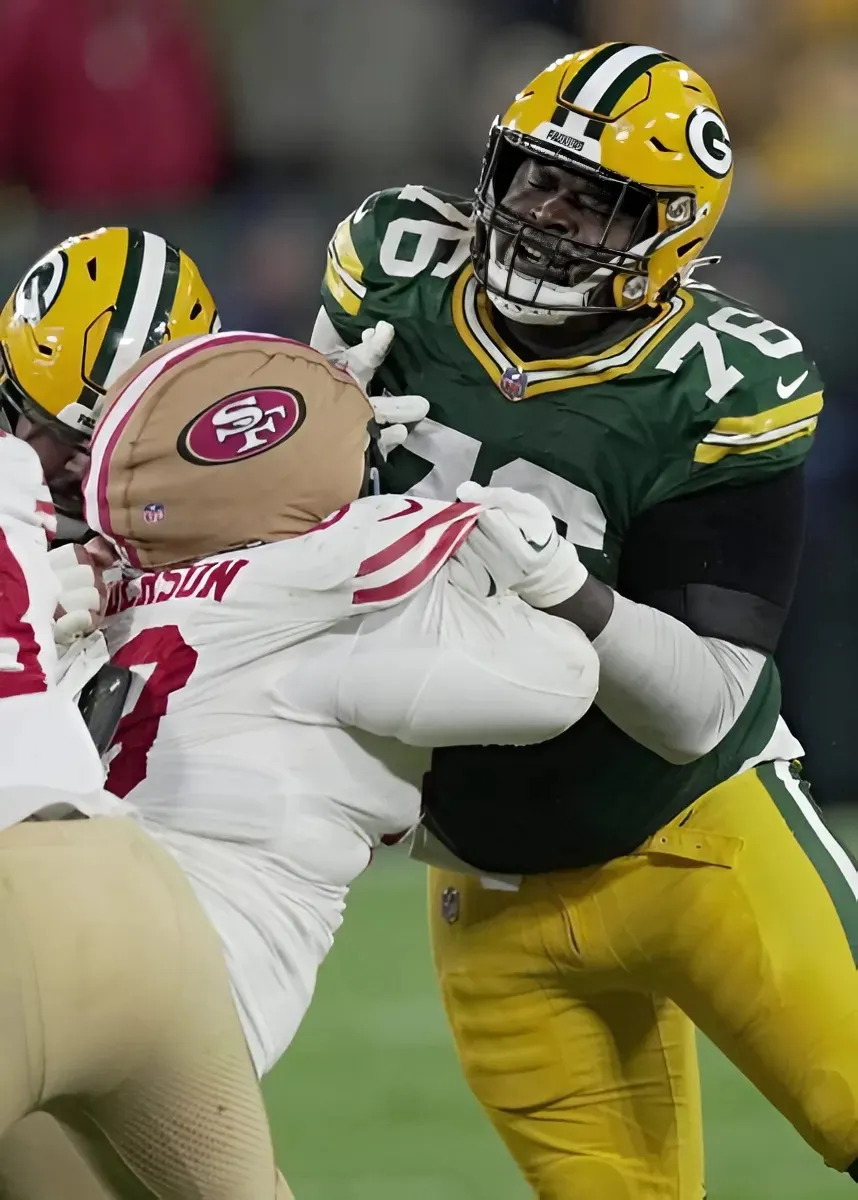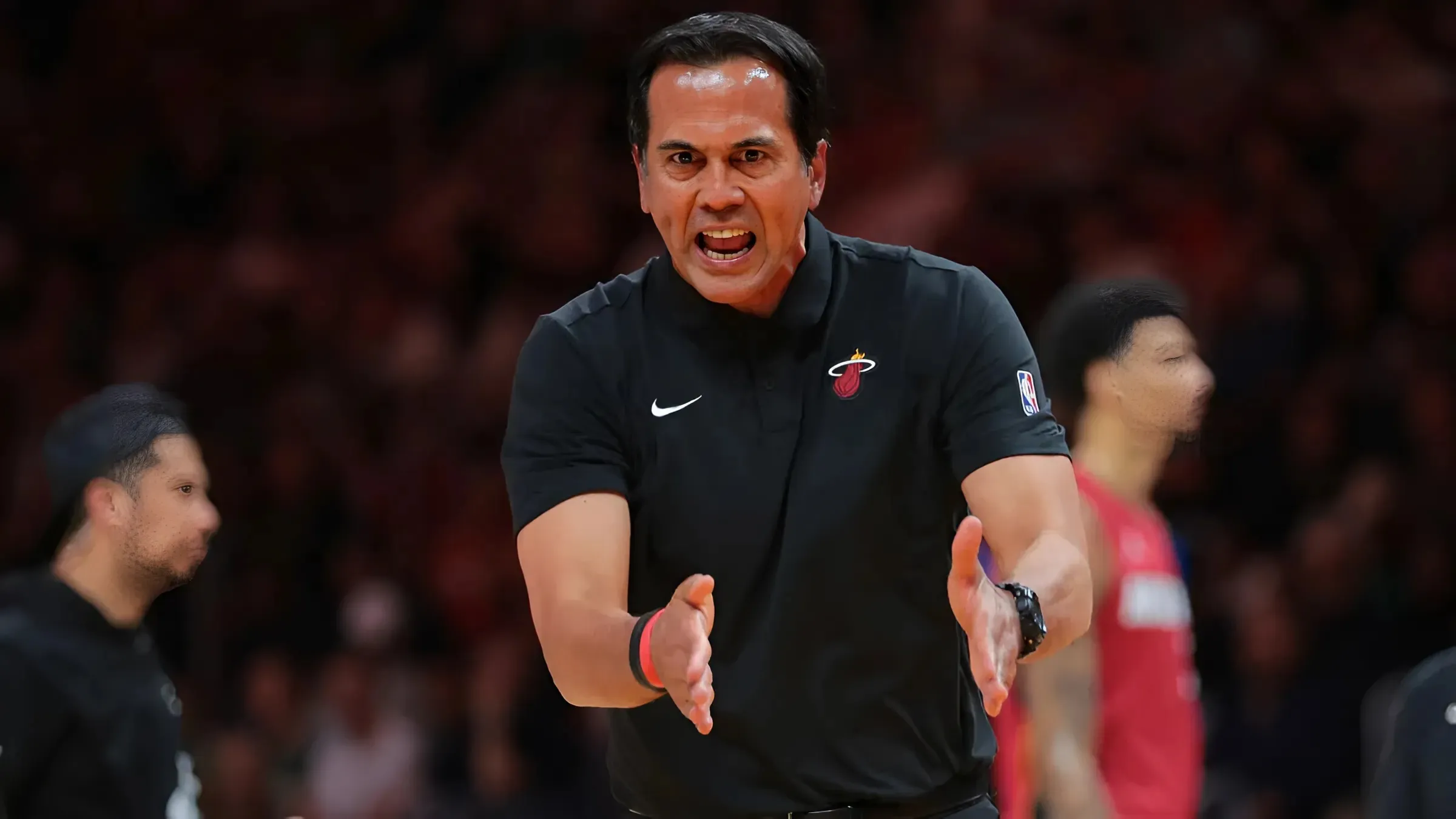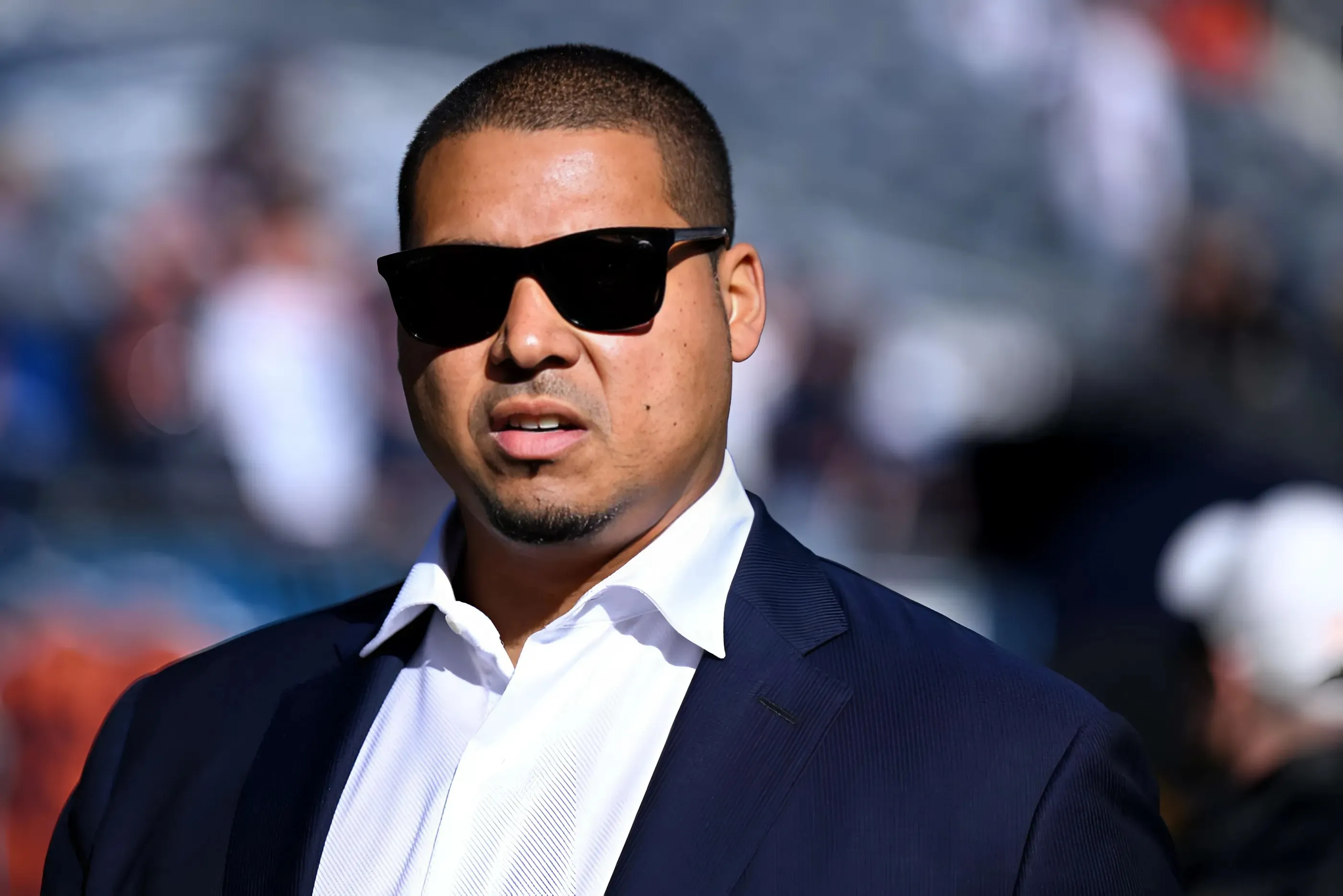The New York Giants finally ended their long and troubling losing streak in Week 17 — but the upset victory over the Indianapolis Colts may have cost them the No. 1 overall pick in the 2025 NFL Draft.

In fact, Big Blue has dropped all the way from one in the draft order to four according to Tankathon, falling below the New England Patriots, Tennessee Titans and Cleveland Browns. Considering top-ranked quarterback prospects Cam Ward and Shedeur Sanders are expected to go top three, that could leave the Giants on the outside looking in at the position once again.
So, what might general manager Joe Schoen and head coach Brian Daboll do if they miss out on Ward and Sanders in round one? Per New York Post reporter Ryan Dunleavy, there are at least four other 2025 QB prospects that this front office has done extensive research on to this point.
“The Giants also reportedly had their top scouting executives get multiple live exposures to four quarterbacks forecasted to be mid-round picks: Alabama’s Jalen Milroe, Mississippi’s Jaxson Dart, Texas’ Quinn Ewers and Georgia’s Carson Beck,” Dunleavy relayed on December 30.
Targeting one of these four in — let’s say — round two or three, would presumably mean signing a veteran bridge quarterback to compete with them out of the gates. The top “bridge” QB candidates that are expected to hit the open market include Justin Fields, Jameis Winston, Mac Jones, Mason Rudolph, Carson Wentz, Cooper Rush, Trey Lance and Andy Dalton.
Although trade candidates like Kirk Cousins could enter this conversation too.
On the bright side, this sort of draft strategy would also allow the Giants to spend their first-round pick on one of the most talented prospects at an alternative position like cornerback, defensive line/edge, offensive line or wide receiver.
Pros & Cons of Giants’ Mid-Round QB Candidates
As you’d expect, each of these four “mid-round” quarterback prospects have their pros and cons as potential NFL signal-callers. At one point, Beck and Ewers were widely considered the top QBs in this 2025 class, but their respective draft stock has plummeted this season.
The 33rd Team’s lead draft analyst Kyle Crabbs referred to both Beck and Ewers as “productive passers with questionable tools” in October of 2024.
Ewers’ 6-foot-2 height, injury history and “frustrating lack of growth and consistency” topped Crabbs’ list of concerns when discussing the Texas product. Crabbs also noted that Ewers may have benefited from a star-studded supporting cast that was mostly drafted in 2024.
Still, Ewers’ “natural throwing ability” is worth looking into despite an up-and-down junior campaign in 2024.
In a separate scouting report, Crabbs wrote that Beck is “held in high regard for his football IQ” and throwing with anticipation. However, the draft analyst was more critical of Beck’s “precision accuracy” and ability to create “outside of the structure” of the offense.
Milroe would profile opposite Beck in that regard, providing above average dual threat athleticism and creativity, but the Alabama product has had trouble reading defenses and progressing through reads. It’s unclear if his game will translate at the NFL level.
Finally, there’s Dart, who has put up big numbers inside Lane Kiffin’s Ole Miss offense. Crabbs’ concern here is that the system has helped elevate Dart into an NFL prospect despite the clear cracks in his game both under pressure and once he ventures “off-script.”
Crabbs described the 6-foot-2 Dart as a “long-term developmental quarterback” that could produce inside a “balanced offense that embraces play-action passing at an above-average clip.”
What It Might Cost for the Giants to Trade Up for Cam Ward or Shedeur Sanders in Round 1 of the 2025 NFL Draft
Within his December 30 article with the New York Post, Dunleavy also detailed what it might cost for the Giants to trade up to No. 1 for either Ward or Sanders.
“The last time that No. 1 was traded was in 2023, when the [Carolina] Panthers sent the [Chicago] Bears No. 9, a future first-rounder, two second rounders and receiver DJ Moore to move to the top of the draft,” he reminded. “But Sanders and Ward are not considered in scouting circles to be the same caliber of prospects as Bryce Young and C.J. Stroud were in 2023. And moving up from around No. 4 instead of No. 9 is a big difference in cost.”
“The two best examples are from two decades ago,” Dunleavy went on, “though trade returns have skyrocketed since then.”
He cited the Los Angeles Chargers trading the No. 1 pick to the Atlanta Falcons in 2006 and the famed Philip Rivers-Eli Manning swap between the Giants and Chargers in 2004.
The more recent Chargers deal cost the Falcons the No. 5 overall pick that year, a third rounder, a future second rounder and wide receiver Tim Dwight, per Dunleavy, while the Manning example cost the Giants the No. 4 overall pick that year (Rivers), a future first rounder, a third rounder and a future fifth rounder.
As Dunleavy noted, trade prices have gone up since these maneuvers, but these are still solid reference points to look back on. At the end of the day, interest sets the market, and the Giants would do well to avoid a bidding war if they’re not 100% sure about the prospect.



